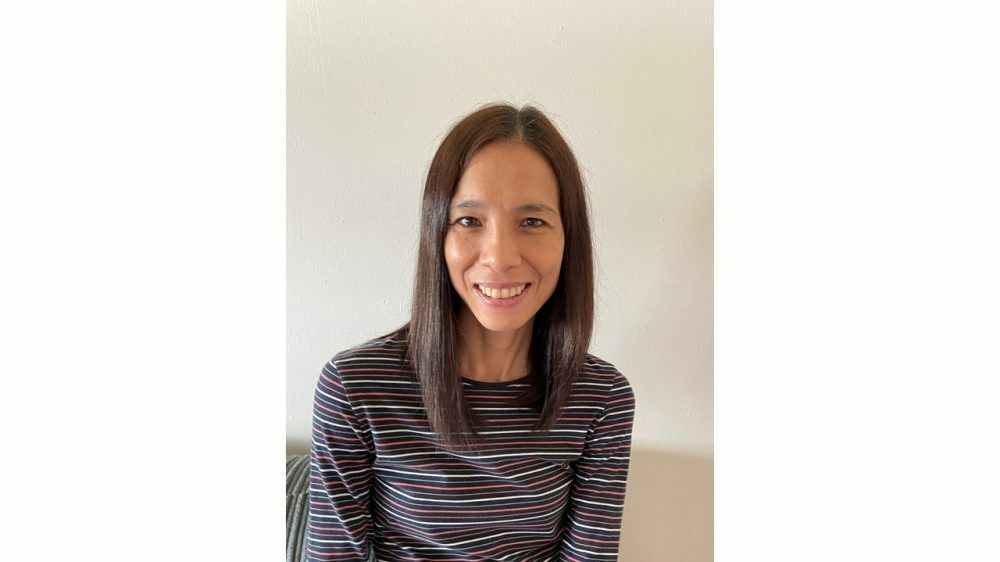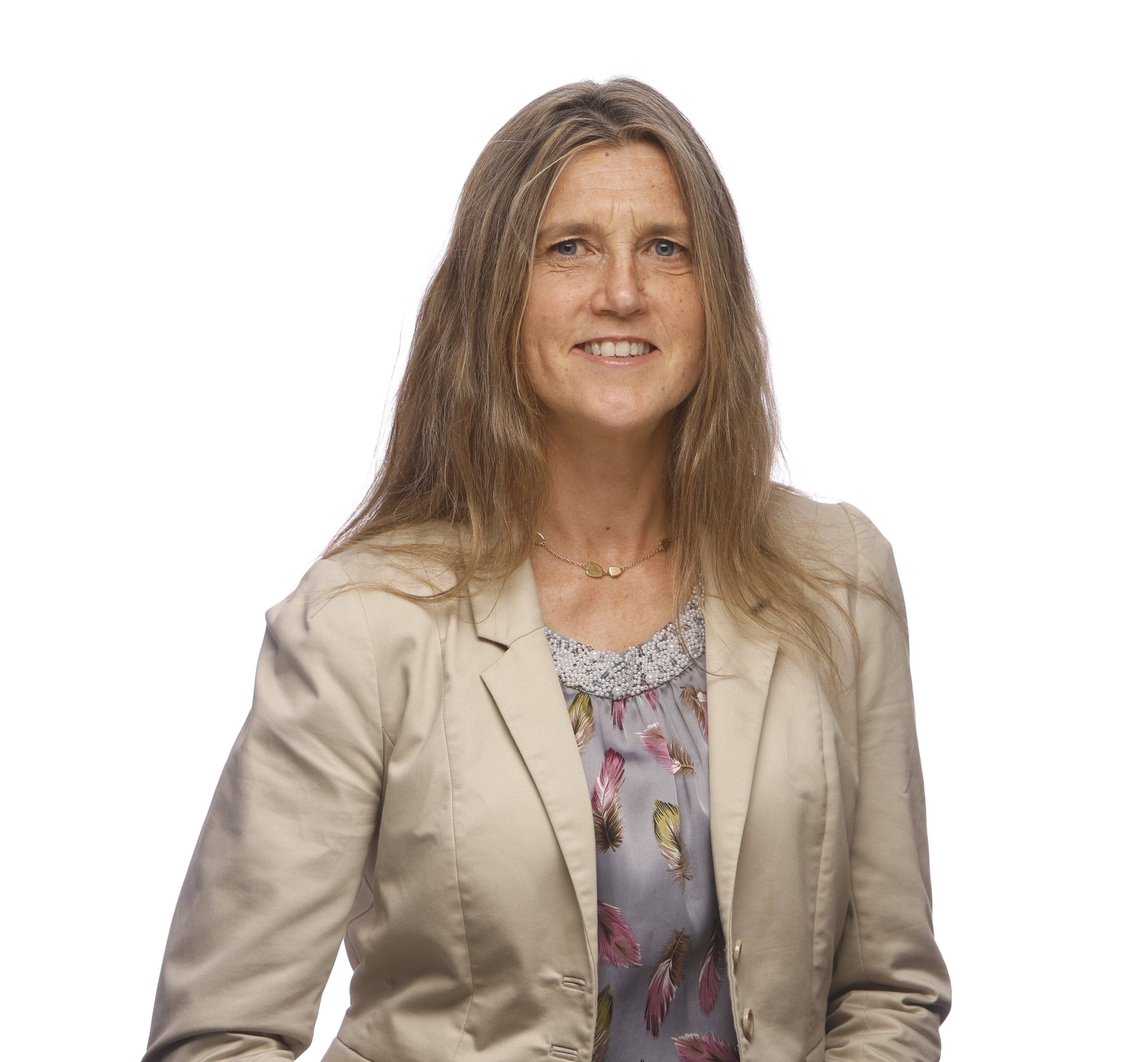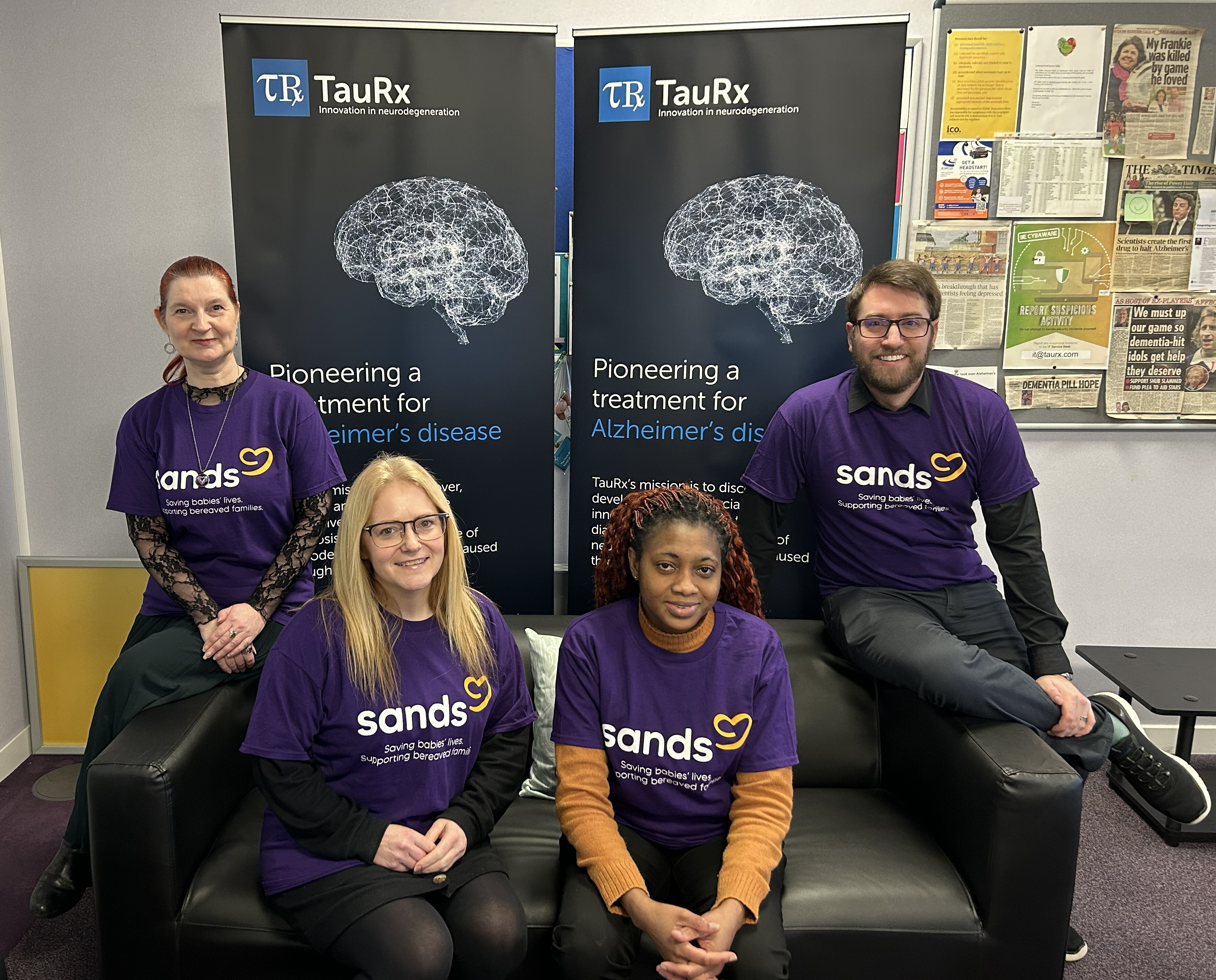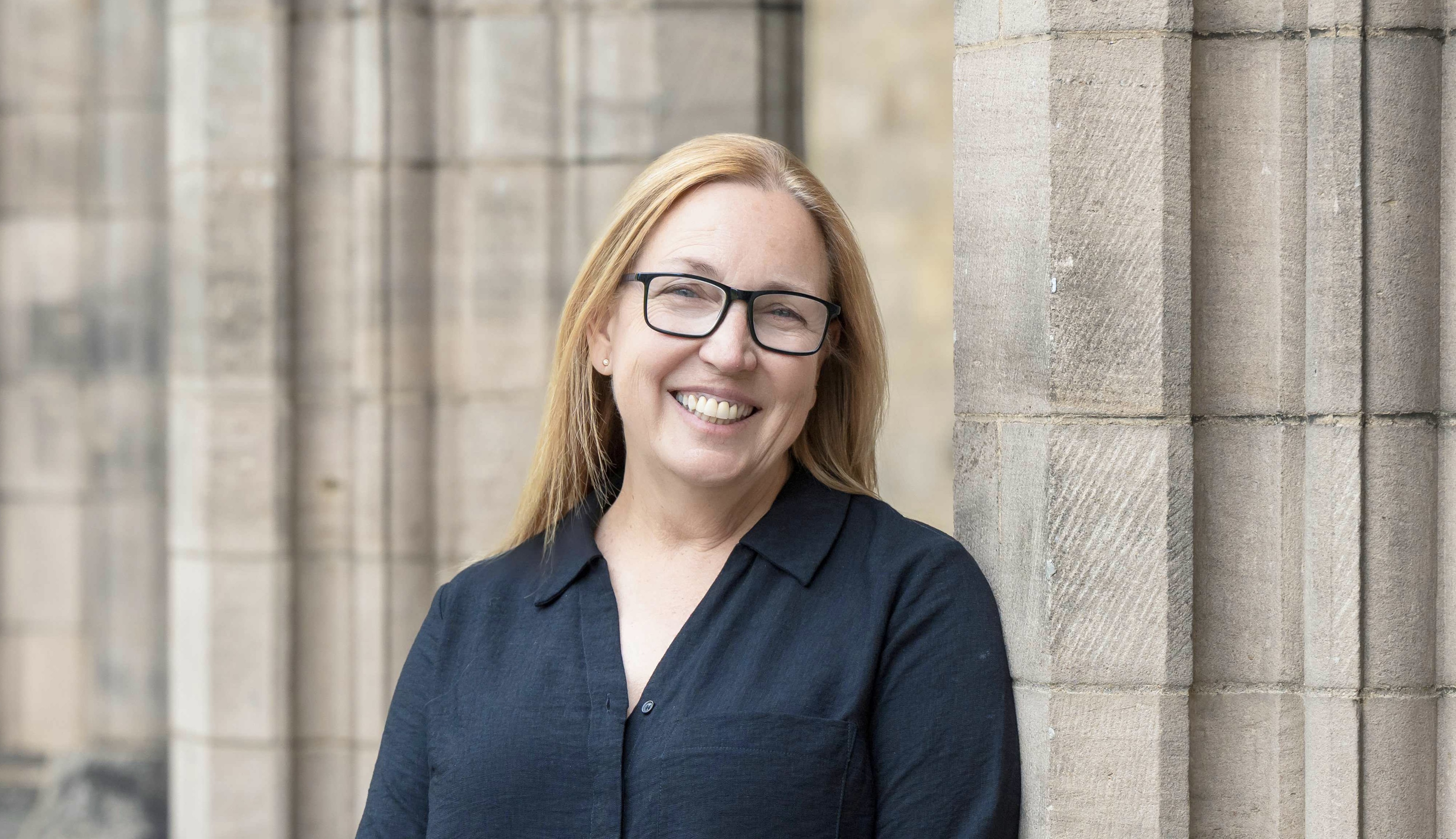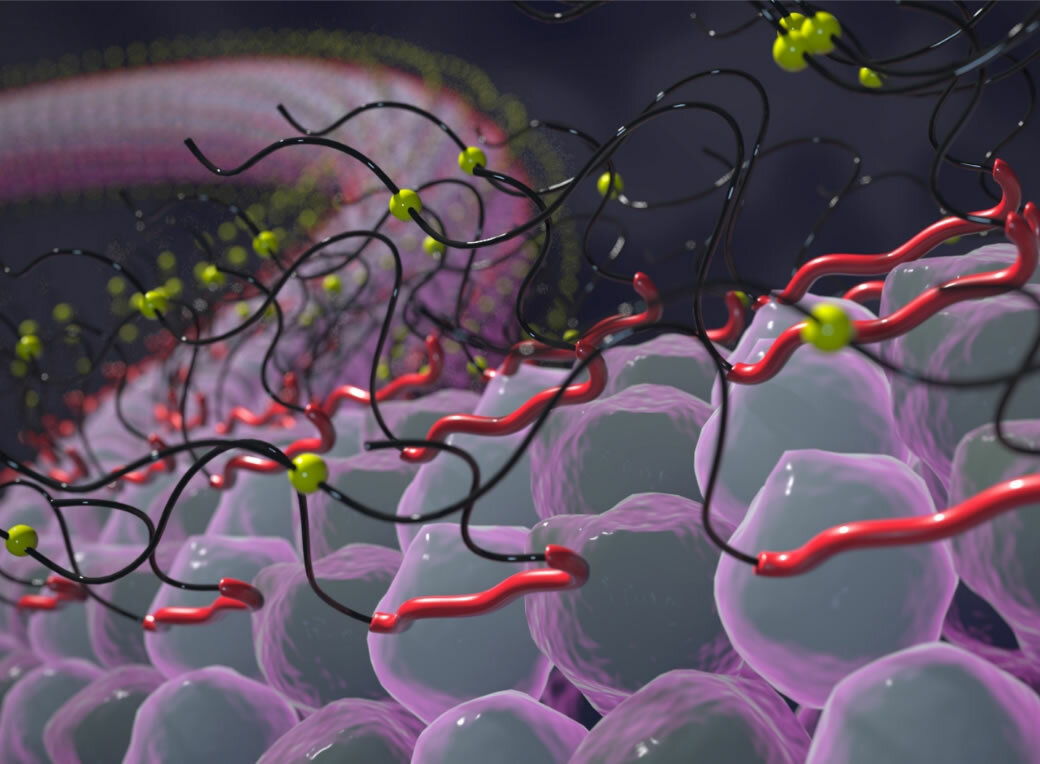What do you do at TauRx?
I have been with TauRx since July 2015. I am fortunate to have a split role - my main “day” job is QA (Quality Assurance) Coordinator within the QA function; since January 2021, I also work, on a part time basis, for the very new Comms team as Project Manager.
QA is responsible for ensuring compliance with clinical trial regulations and guidances for all product development activities undertaken by TauRx as a Sponsor. I oversee, coordinate and track activities such as audits and Correction Action/Preventive Action (CAPA). I am also the focal point for QA TMF and SOF submissions.
The mainstay of my role is maintaining and supporting the continuous improvement of TauRx’s Quality Management System (QMS) to ensure efficiency and effectiveness. In layman’s terms, this means keeping a close eye on Standard Operating Procedures (SOPs) and Core Policies (CPs) and their review dates, progress of new SOPs/CPs being written as well as managing all aspects of the QMS document control and approval process.
In Comms, my main tasks are drafting and editing internal and external communications, monitoring and updating the web site and social media posts.
What did you do before TauRx?
Prior to TauRx, I worked in the oil and gas industry, in Quality and HSE Coordinator roles. I wasn’t even aware there was a life sciences industry in Aberdeen!
At university, I studied Publishing Studies. On paper, it may seem that my QA role hasn’t much in common with my degree, but actually, it does! As QA Coordinator, one of my tasks is conducting editorial checks on QMS documents - that is, ensuring documents are consistent and free from grammar and spelling errors.
The main difference between working in the pharma industry and in the oil and gas industry is the legislation, guidelines and standards. Most people are familiar with ISO standards, but in clinical trials, we work in accordance with Good Clinical Practice (GCP) as given in ICH (The International Council for Harmonisation of Technical Requirements for Pharmaceuticals for Human Use) guidelines.
What do you think are the most important skills for someone in your role to have?
Both my roles are not as different as they may seem! Both require strong organisational skills, an eye for detail and the ability to prioritise tasks. Good communication skills are also very important as I work with people from different backgrounds, with different personalities, and it’s important to get to know people to understand how they work and how their minds tick to get the best results! Being flexible also stands me in good stead - things can, and do, change quite rapidly in QA and Comms!
Unless you are in a very specialist or advisor role, I don't think it's crucial to have a life sciences degree. Many of my colleagues studied totally unrelated subjects at university, as did I. What’s more important is having transferable skills that can be adapted to any role, as evident in me having 2 roles at TauRx.
Do you work mostly on your own or as part of team?
There are only 5 of us in the QA team and 3 of us in the Comms team. Since we have been working from home for 15 months now due to the pandemic, the nature of my roles have allowed me to work independently without compromise. Both my QA and Comms colleagues recognise the importance of “meeting” frequently through Teams to discuss the status of ongoing tasks, share ideas and generally catch up with each other. Everything is interlinked - we are all one cog of a wheel.
I am still learning new things every day, despite being in my QA job for nearly 6 years and definitely in my Comms role, having only been in it for 6 months! I get on very well with both my QA and Comms colleagues, who are encouraging, tenacious, supportive and committed. Having a strong team (or, in my case, two teams) behind you is half of the battle.
What do you enjoy most about working at TauRx?
It’s “refreshing” to be in a completely different industry than oil and gas in Aberdeen. When I tell people what I do for a living, there is always vast interest and fascination. Alzheimer’s disease is the world’s greatest unmet need, and it is really exciting - and a little mind-boggling - to play a little part of something that could potentially help millions of people around the world.
